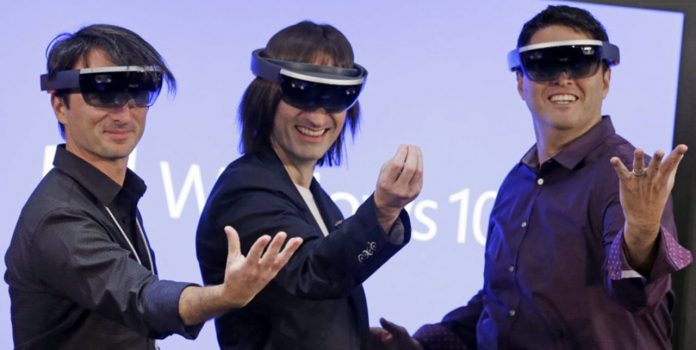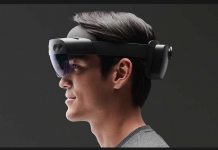At E3 last year, Microsoft stole the show by introducing Project Scorpio. As well as talking up the native 4K capabilities and beefy specs of the device, the fact it supported VR was also discussed. Indeed, the company has since confirmed virtual reality support will also come to the Xbox One and Xbox One S. However, while VR on console is definitely of interest of Microsoft, it is not the focus. Technical Fellow and HoloLens head Alex Kipman told Polygon the company is focusing on Windows Mixed Reality: “Our primary focus is making our mixed reality experiences a success on Windows 10 PCs,” Kipman says. “We believe that right now a Windows PC is the best platform for mixed reality as its open ecosystem and enormous installed base offer the best opportunity for developers, and Windows offers the most choices for consumers.” The news comes just days before Microsoft holds its E3 2017 event this weekend. At that event, Project Scorpio will get its full launch, where we will see the design and the exact capabilities of the console. It is becoming clear that virtual reality could play no part in the event. If it does, it will certainly not be a big deal. It is probably no surprise that Microsoft is throwing its weight behind VR on PCs before consoles. While the virtual and mixed reality technology is advancing quickly, gaming experiences on VR still have a touch of novelty about them. Sure, we have had loads of fun with several titles in VR, but it is not going to take over the core console experience any time soon. Microsoft has gone wholesale behind Windows 10 as a VR and MR (mixed reality) platform.
Driving MR Through Windows
Starting with the introduction of the Creators Update last year, the company has been pushing Windows towards becoming the de facto base for VR. This ambition will be realized in the coming months as Acer, HP, ASUS, Dell, and Lenovo launch their 3Glasses MR headsets. This hardware is more affordable than devices like Oculus Rift and HTC Vive, and Microsoft is pushing Windows as making VR accessible. There is also the fact that Windows is the computer platform that can run VR. Oculus said last year that its own hardware would not even work properly on Apple hardware. In other words, Microsoft has a free run at the market on PC. On console, it is not so clear cut. Sony is ahead of Microsoft in terms of delivering a VR experience. It is probably coincidence, but as Kipman confirmed Redmond’s focus on PC, Sony announced its PlayStation VR has sold over one million units. It is not a massive number, but it is an excellent roll out considering this is a nascent market. However, while the PlayStation VR has sold well, there is still no hard data that shows gamers are demanding VR at the moment. Microsoft can afford to take its time, provided it is developing VR behind the scenes. Let’s not forget, Xbox Scorpio will indeed have VR capabilities, just don’t expect a song and dance about it at E3 this weekend.




